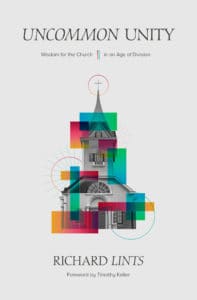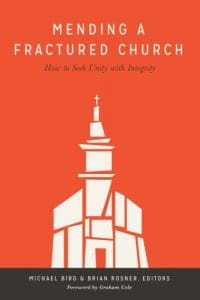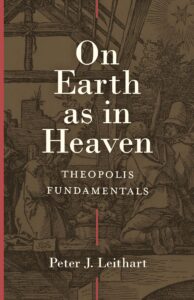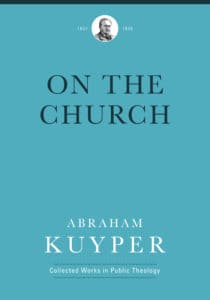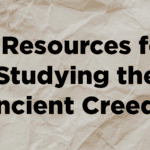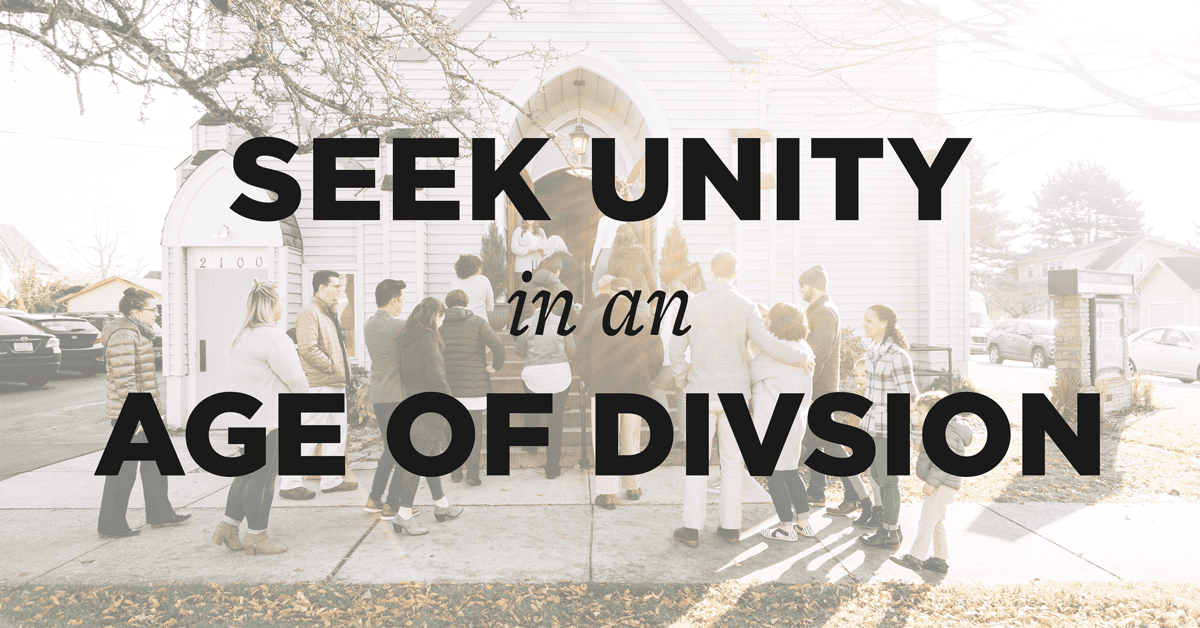
In an increasingly polarized world, the call to seek unity within Christian communities is more important than ever. These resources explore the significance of the church in today’s world and show how cultivating unity can strengthen our communities and bear witness to the transformative love of Christ.
Uncommon Unity: Wisdom for the Church in an Age of Division
In Uncommon Unity: Wisdom for the Church in an Age of Division, Richard Lints explores the nature of diversity and how Christians can think more clearly about unity in an increasingly polarized age. Drawing on theological, historical, and sociological resources, Lints exposes problems with the inclusion narrative of democracy and shows a better way forward for fostering unity in the midst of extreme diversity. If we are to think rightly about diversity, wisdom is required for the church in our late modern world. Through wisdom, Christians can display real unity in diversity and bear witness of the God who made them for himself as diverse members of his one body.
“A crucial book.” —Timothy Keller, from the foreword
“The writings of Richard Lints invariably display, within the contours of orthodoxy, fresh thought and analysis. This book is no exception. At a time when the siren demands of both unity and diversity are threatening to destroy the credibility of democracy itself, Lints outlines the patterns of unity and diversity within Scripture, and argues convincingly that these patterns ought to undergo some adaptation as they confront the complexities of our broken world. Nevertheless, it is the gospel itself that lays down the approaches to these tensions that our hearts desire. Highly recommended.” —D. A. Carson, Distinguished Emeritus Professor of New Testament at Trinity Evangelical Divinity School; president and co-founder of the Gospel Coalition
Mending a Fractured Church: How to Seek Unity with Integrity
In Mending a Fractured Church, editors Michael Bird and Brian Rosner seek to answer such questions, looking to the Bible for examples of how to behave when Christians differ. Speaking to pastors, churches, and seminary students, they provide a guide to maintaining unity without compromise.
“Robust conversation within any family is normally a display of trust and a sign of healthy relational dynamics. However, when the bonds of affection are stretched beyond legitimate differences of opinion or in a manner that disrespects other members of the family, then the unity of the family is jeopardized. So too for the household of God. Mending a Fractured Church: How to Seek Unity with Integrity is a good example of robust conversation about the very topic of church unity and how we can express differences with integrity and love. It is a helpful and timely discussion of the issues that hopefully will produce further robust and genuinely loving conversations among Christians, so that we may all “make every effort to maintain the unity of the Spirit in the bond of peace.” —Dr. Glenn N. Davies, archbishop of Sydney, Australia
On Earth as in Heaven: Theopolis Fundamentals
On Earth as in Heaven calls the church to embrace her identity and mission as one shaped by biblical theology and liturgy. The world grows increasingly polarized and politicized, but the church’s commission remains unchanged. Christians carry out Jesus’s mission by being the church. To change the world, the church needs only to be what she is—the bride of Christ—and to do what she does—teach, preach, sing, pray, break bread. Cultural and political mission and individual witness and service all spring from the church’s liturgical life. As the church proclaims God’s word and practices vibrant liturgy, she is God’s heavenly city, shining as a light to the world.
“As a convictional Baptist, I find myself both disagreeing at points but heartily commending the work of Peter Leithart, whose writing is beautiful, theologically rich, and soul-stirring. As Christians continue to debate the role of the church in the world, this book is a helpful guide, pointing all Christians, everywhere toward Scripture and the Great Tradition. In a polarized age, Leithart encourages God’s people to consider their calling in the world, both in the timeless rhythms of weekly gathered worship and in the myriad ways the church should engage community and country. This is a work that thoughtful believers will be interacting with for years to come.” —Daniel Darling, director of the Land Center for Cultural Engagement at Southwestern Baptist Theological Seminary; author of several books, including The Dignity Revolution and A Way With Words
On the Church
As a theologian and pastor, Abraham Kuyper was greatly concerned about the state of the Dutch church in his time. As a politician and activist, he was equally concerned about the church’s role and influence in the modern world.
On the Church contains seven of Kuyper’s most important essays and speeches on the nature of the church. These newly translated works show Kuyper’s conviction that Christians must take an active role in the world, a world upheld by God’s common grace but standing in need of God’s particular grace in Christ. Christians must neither hide within the doors of their church buildings nor give in to the temptation to be active in earthly institutions alone.
An introductory essay by Ad de Bruijne answers how Kuyper’s doctrine of the church may be applied in the 21st century.
“Many of Abraham Kuyper’s insights have had a hand in guiding my ecclesiological reflection for decades. This new collection of Kuyper’s essays on the church, introduced by two helpful essays that show his contemporary significance, will demonstrate his ongoing importance for today’s ecclesiological discussion. Kuyper writes in a time when the church is being marginalised to the private sphere under the tidal wave of the hostile religious vision of Enlightenment modernity. He struggles to find a role for the comprehensive missional vocation of the church in the public square that embraces both the insights of Anabaptism (the church is a colony of the kingdom) and Christendom (the church has shared public responsibility for cultural development) in ways similar to Lesslie Newbigin. That is precisely what we need today.” —Michael W. Goheen, Director of Theological Education, MTC, Scholar-in-Residence, Surge Network
